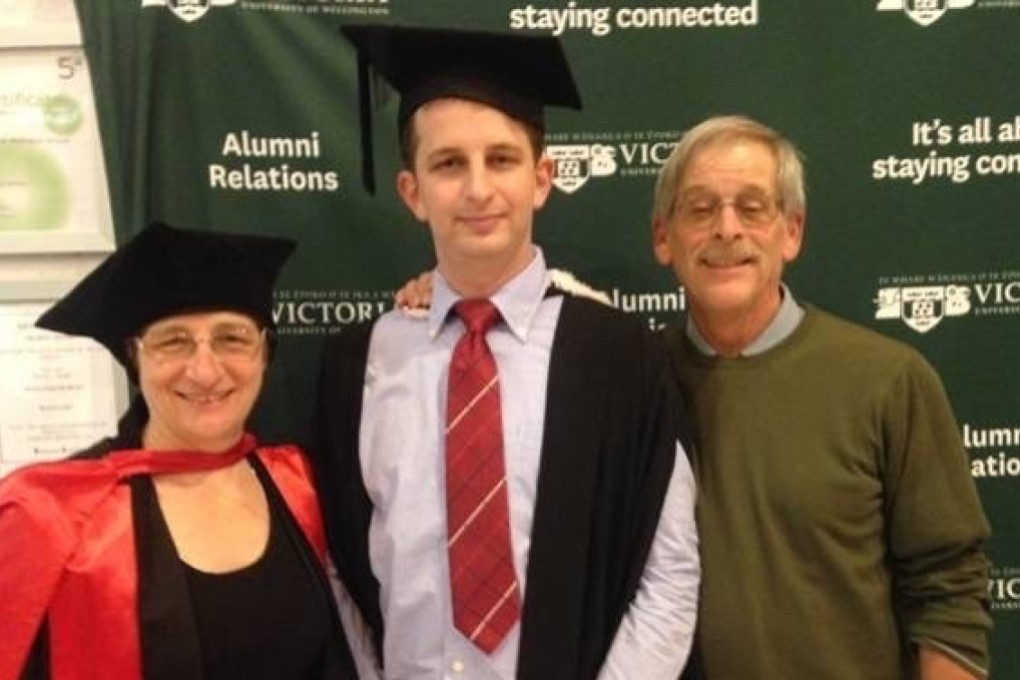New Zealand family urges Japan to stop restraining patients at psychiatric hospitals
- Kelly Savage, 27, was strapped to a hospital bed in Kanagawa for 10 days after being admitted for mental health issues
- He later had a heart attack and died, which his parents blame on the practice of using mechanical restraints on patients

Kelly Savage died in Yamato City Hospital in Kanagawa Prefecture on May 17, 2017, a week after suffering a heart attack and more than two weeks after he was hospitalised for mental health issues.
His parents, Martha and Mike Savage, believe he died after suffering a blood clot, after being strapped to a bed in the psychiatric ward for 10 days.
“From the time he was admitted until his fatal cardiac arrest, he was strapped to a bed,” they said. “A likely cause of death is that Kelly suffered a blood clot in his legs as a consequence of the restraint for 10 days, and this blood clot travelled to his lungs.”
When the hospital authorities did little to explain or investigate the circumstances of the 27-year-old’s death, his family started a public campaign to draw attention to the practice to prevent others from having the same fate.
Kelly’s parents said that a study of Japanese police autopsies showed 47 deaths were suspected of being caused by mechanical restraints in psychiatric hospitals from 2016 to 2018.
The number of people restrained in Japanese psychiatric hospitals had more than doubled over a 20-year period, peaking at 12,528 in 2017, they said.
